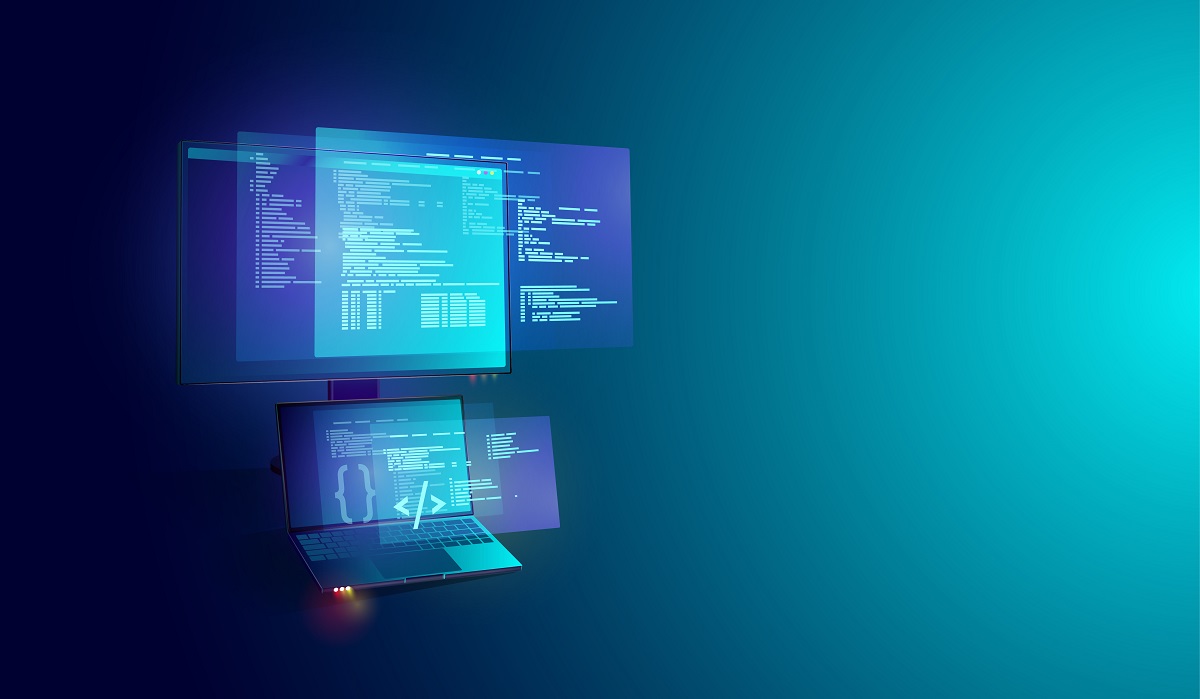How AI is Changing the Way Business is Done Industry-by-Industry in 2019

Artificial intelligence’s impact on a global scale is definitely being felt in the world of digital marketing far and wide. Already, AI’s transformed numerous industries. Employees at transportation companies can more accurately predict arrival times now. Food manufacturing companies can more easily monitor production, down to the detail of being able to identify contamination or toxins in food. AI is helping scientists learn how to better treat diseases like cancer. Farmers are even using it to improve and increase yields, all the while utilizing less resources.
According to a 2017 report, AI contributes more than $15.7 trillion to the global economy every year and that number’s only expected to rise. A lot of this development and financial reward is coming from the national economy of the US, the UK, Germany, France, Mexico, Poland, South Africa, and Thailand, among others. Approximately 27-30 percent of companies in these and other parts of the world have already implemented AI into key processes, with more having launched AI pilot projects. Digging deeper into how AI is changing the way business is done industry-by-industry, we want to highlight a few categories of business where the most gains are being made.
Manufacturing
In manufacturing, AI’s being used in research and development, predictive analysis, and real-time operations management. According to a recent report, by 2025, it’s predicted the price of industrial robots would have dropped by 65 percent leading to an increase of them in relevant settings.
Healthcare
Top uses of AI in healthcare includes in risk management and analysis, social engagement, and knowledge creation. Further advances in AI are expected to give the workforce in certain healthcare categories the time to focus on and resolve more complex and challenging issues. Some adaptive technologies are already in use in the body to decode immune systems and prevent disease.
Public sector
The public sector is using AI at high level particularly as it applies to machine learning adoption. AI could help make cities cleaner and safer, and help municipalities better manage traffic, pollution, and crime.
Retail
In retail, predictive analytics and customer service are the two predominant areas where AI’s applied. Corporations like Lowe’s have already implemented robots to scan shelf inventory and assist in generating inventory data, metrics, and related intelligence.
Where is AI headed next?
AI is far from having reached its real potential. As we look ahead, there’s no reason to think it won’t continue to positively impact industry and company-specific growth. AI can identify production errors faster than some supervisors can. It can also provide R&D teams the chance with innovation opportunities. AI has the potential to create more jobs and solve strategic challenges that may not have a direct answer right now. Needless to say, the reputation of AI right now in business and corporate circles is positive. It’s the hope of industry that applying AI to the job will help to increase wages and help boost employment. Although these are merely predictions, surveying developing and developed economics both, you’ll find disagreements and negative beliefs relating to AI almost non-existent.
As AI continues to be applied, the impact is going to be felt in bigger waves in the decades to come. We look forward to seeing how industries continue to respond and implement AI-inspired processes, products, and management oversight strategies. At Unlimited Exposure, we remain committed to finding new, innovative ways in digital marketing to help our clients reach audiences. We expect to see AI play a tremendous role in increasing sales, efficiencies, and returns. Join us today for more details!
